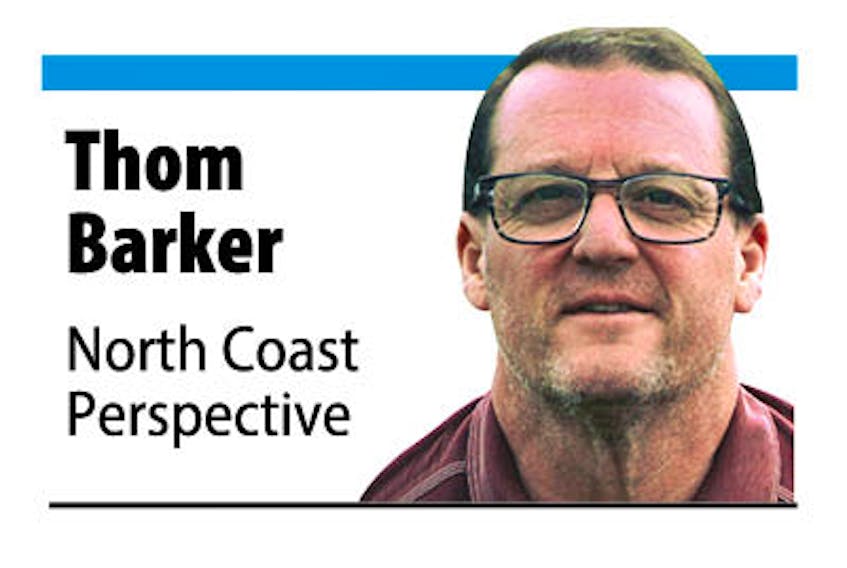Actions speak louder than words.
That old chestnut is something we all ought to remember when we seek to put words into action in political discourse.
Recently, the big news, not just in Ontario, but right across the country, was an Ontario Superior Court judge’s decision to strike down as unconstitutional bill that would cut Toronto city council’s size followed by Premier Doug Ford’s immediate use of the Constitution’s notwithstanding clause to ignore it.
I made a comment on one of the news stories about it being a classic move straight out of Stephen Harper’s playbook. Pick a fight with the courts, then use it to undermine democratic institutions.
My mistake in conjuring the ghost of the former prime minister to impugn Ford’s motives was twofold. First, attacking the motive is a logical fallacy that disregards the validity of an action or claim based on the actor’s or claimant’s conflict of interest, whether real or perceived.
Second, by invoking the fallacy, I brought out the Justin Trudeau haters. Someone immediately replied that we have enough problems with the current goofy-sock-wearing, selfie-taking, virtue-signalling narcissist in charge to be harkening back to Harper.
And, at that point, we were off Ford and the issue at hand. I was labelled a knee-jerk libtard and any hope of a productive conversation was gone. While I have my own issues with Trudeau’s government, I will not stand for an ad hominem attack that has nothing to do with his governance, policies or competence (or lack thereof, depending on your point of view). This, despite the fact I had just used the very closely-related attacking the motive fallacy myself.
Furthermore by blowing the “virtue-signalling” dog whistle, i.e., questioning Trudeau’s motives, the other commenter was viciously attacked as a right-wing Ford flunky and we all retreated to our tribal echo chambers, simultaneously righteously angry and emotionally satisfied, but no further ahead.
I later talked to the other commenter; he’s an old friend of mine. An Ontario resident, he did not vote for Ford in the election. Both of us are actually pretty centrist in our political views and we agree wholeheartedly on this issue.
There is plenty to legitimately criticize about the words and actions of both the judge and the Ontario Conservatives without invoking logical fallacies.
For the judge’s part, invoking Section 2 of the Charter of Rights and Freedoms to find the law unconstitutional feels a lot like trying to fit a square peg into a round hole.
While the judge’s words say that redrawing Toronto’s electoral boundaries in the middle of an election “substantially interfered with the municipal voter’s freedom of expression … and in particular her right to cast a vote that can result in effective representation,” many constitutional law experts say his actions suggest a different conclusion.
“The issue here is whether he was really drawing in elements from another Charter right, which is the Section 3 right to vote,” wrote Carrissima Mathen, vice-dean of the University of Ottawa’s law faculty.
“My read is that he was really concerned by how arbitrary the government’s decision was.”
But Section 3 does not apply to municipalities, so Section 2 may have been the judge’s only recourse to strike down what he viewed as bad or arbitrary law because there is no law against making a bad or arbitrary law, there is only law against making an illegal law. In this case that meant in contravention of someone’s Charter rights since even the judge agreed provinces have the right to dictate the size of municipal governments.
Ford’s words also spoke of protecting democracy, but his actions demonstrate a very limited understanding of what democracy is.
"This is about preserving the will of the people, this is about preserving democracy," he said, noting that 2.3 million people voted for him and that a democratically elected government should not be overruled by a “politically-appointed” judge.
Superficially an election is a popularity contest, but democracy is much bigger than that. It is complex system of checks and balances. We need those checks and balances to make sure government works for everybody in society in the long-term, not just for the voters who put a particular, temporary set of people in charge in the short-term.
While 2.3 million people is a lot of people, it is only about 23 per cent of eligible Ontario voters and only 40 per cent of the people who actually voted.
Ford’s campaign slogan, his words, during the June election was: “For the People.”
By undermining democratic institutions now, his actions say: “For Some People.”
Actions speak louder than words.









